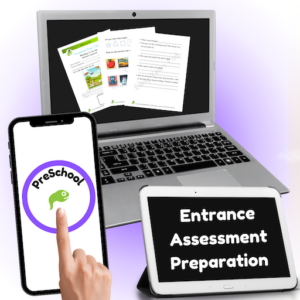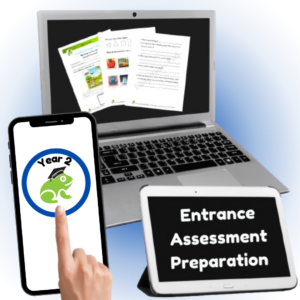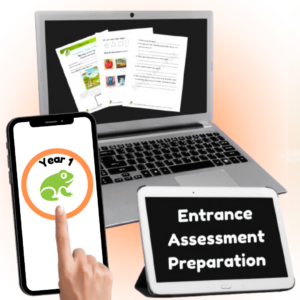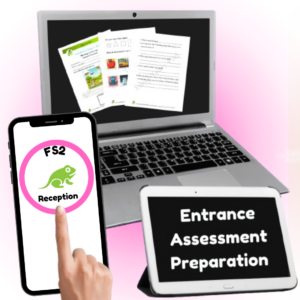How to Prepare Your Child for a Preschool Assessment
Starting preschool is a big milestone for you, but more so for your child! One of the first steps in this journey is often a preschool assessment, which falls into the early years assessment category. While the word “assessment” may sound intimidating, these are designed to be gentle, observational tools to help teachers understand your child’s development, needs, and readiness for the setting. See it as a learning experience for the teacher, more than for the child.
In this guide, we’ll walk you through what a preschool assessment involves, what schools look for, and practical ways you can prepare your child confidently and calmly.
What Is a Preschool Assessment?
A preschool assessment is not a formal test. It is a structured observation by a trained early years professional who is assessing how your child interacts, communicates, and engages in everyday tasks and play.
Typically, the assessment will take place in a relaxed environment and may include:
- Talking about a familiar story or picture
- Following simple instructions
- Identifying shapes, colours, or numbers
- Demonstrating physical skills like stacking blocks or using fine motor tools
Many schools and nurseries use these assessments to support their understanding of your child’s current level of development. This allows them to plan appropriate activities and ensure a smooth transition into preschool life.
You can learn more about the wider early years assessment process here…

What Do Teachers Look For?
Preschool assessments are often based on the EYFS (Early Years Foundation Stage) framework used in the UK. This framework is centred around seven key areas of learning and development, with a strong emphasis on the four prime areas:
- Communication and Language
- Physical Development
- Personal, Social and Emotional Development
- Literacy (basic awareness)
Teachers and educators aren’t looking for perfect answers or academic brilliance. They’re trying to understand how your child interacts with the world around them. Remember, this is a lesson for the teacher, and they want to see how your child:
- Expresses themselves and listens to others
- Manages separation from parents (or caregivers)
- Plays and cooperates with peers
- Handles small tasks like using pencils, puzzles, or zippers
How to Prepare Your Child at Home
1. Talk and Listen Every Day
Engage in conversations with your child throughout the day, every day. Ask open-ended questions like “What did you like about the park today?” or “How would you build a rocket?” This builds vocabulary and confidence.
2. Read Together
Reading familiar stories helps with language development and attention span. It also mirrors common activities done during assessments.
3. Practise Following Instructions
Play simple games like ‘Simon Says’ or treasure hunts with two-step directions. This supports listening and understanding.
4. Encourage Independent Tasks
Practice putting on shoes, washing hands, or tidying up toys. These small responsibilities promote self-confidence.
5. Use Play-Based Learning
Introduce puzzles, building blocks, sorting games, or matching activities. These mimic the kind of playful tasks educators may use during the assessment.
Preparing Emotionally — Not Just Academically
Children do pick up on adult stress, so keep your approach calm and positive. Let them know they’ll be visiting a new place where they get to play, talk to kind adults, and show what they know. You might say:
“You’re going to visit a new place with toys and books. Your teacher will ask you to play and chat, and then I will see you straight after!”
A visit or walk past the school beforehand can help reduce any nerves.
Final Thoughts
Remember: this is not a test your child needs to “pass.” It’s a supportive step to help teachers understand how best to support your child’s learning journey.
If you’d like a deeper look at what early years assessments include across nursery, reception, and Year 1, be sure to visit our Early Years Assessment guides.
With a bit of playful preparation and encouragement, your child can go into their preschool assessment feeling confident, curious, and relaxed. A relaxed approach on the day will bring out the best in them.
The form you have selected does not exist.











